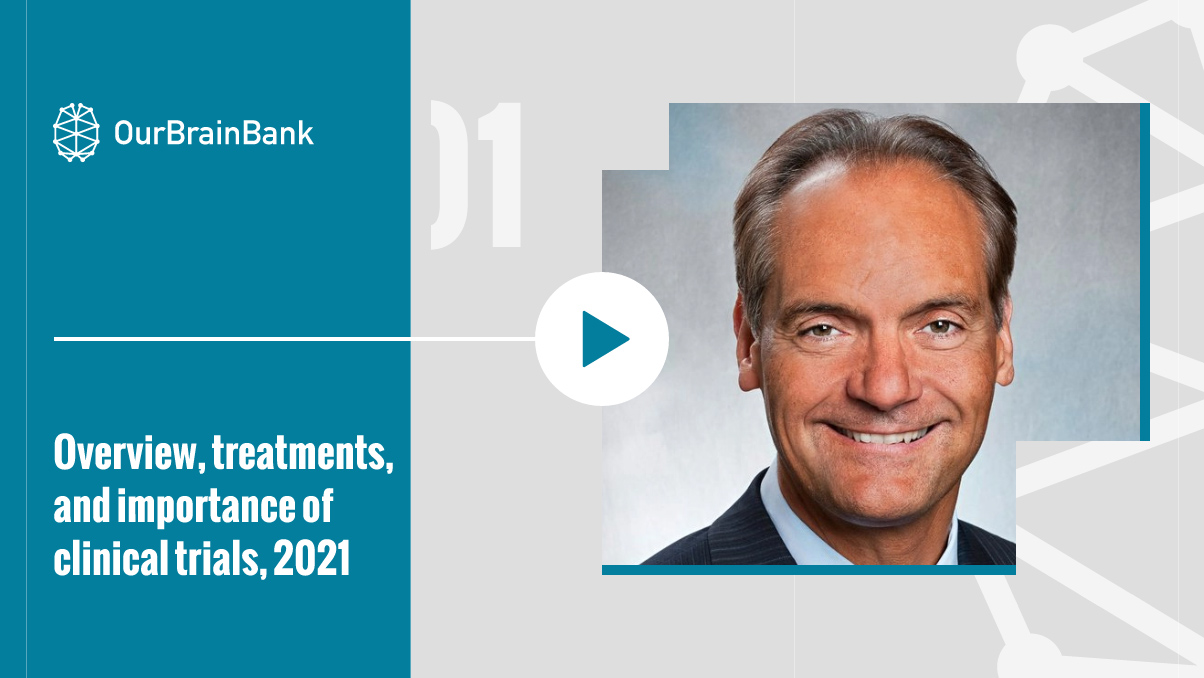OurStoryBank: Erika’s Story
Erika, living with GBM, 2025 OurStoryBank for Glioblastoma

Understanding the condition and connecting with others with the illness can help you feel empowered on your GBM journey.
In 2024, we collected data on how people with GBM are treated in the USA, where do you live? Did you get high-quality treatment? Are there disparities depending on location and resources? Read the results.

GBM is one of the most aggressive cancers and one of the hardest to treat, and as a result survival rates are low, with just a 5% five-year survival rate. Existing treatments are not a cure, but a way to extend life. The current standard of care is unlikely to remove the entire tumor. It might no longer be visible following treatment, yet tiny pieces can remain and for the majority of people the tumor returns. On your GBM journey you should equip yourself with as much knowledge as possible to ensure you are aware of the options available beyond standard treatments.
There’s a ticking time bomb in my head. I’m learning to live with it.
Like most people in treatment for brain tumors in the United States, I’ve had to adapt to a mind that feels very different from the one I once knew.
Nicola Nuttall writes movingly about her daughter Laura who lived an incredible vivid life even after being diagnosed with glioblastoma.
There’s a ticking time bomb in my head. I’m learning to live with it.
Like most people in treatment for brain tumors in the United States, I’ve had to adapt to a mind that feels very different from the one I once knew.
Nicola Nuttall writes movingly about her daughter Laura who lived an incredible vivid life even after being diagnosed with glioblastoma.
